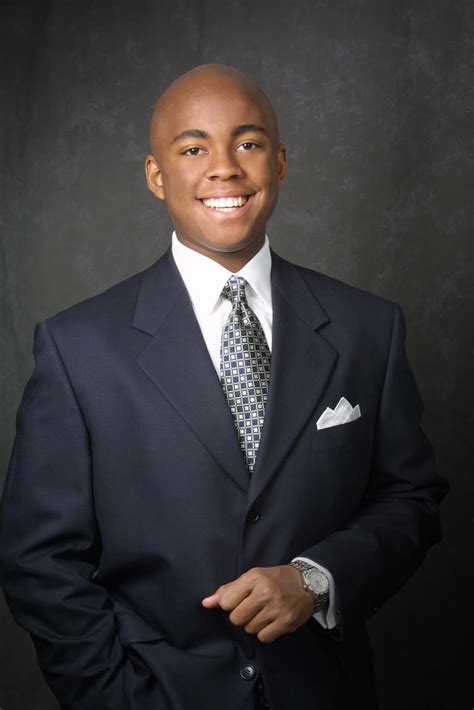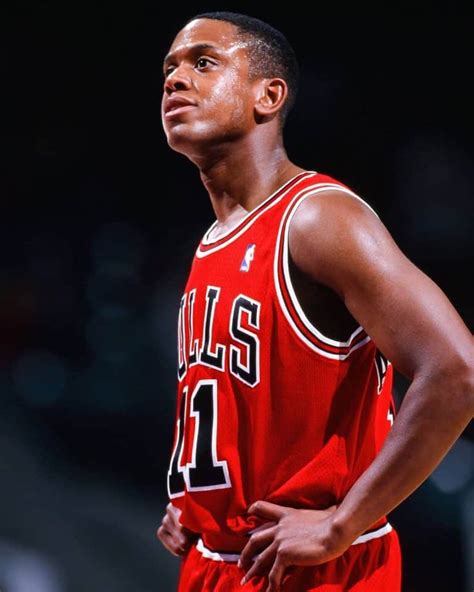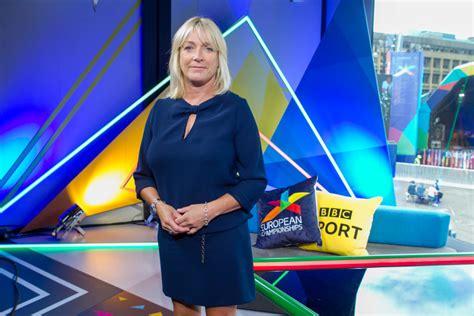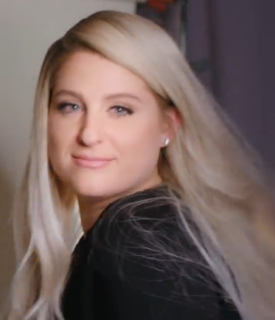A Quote by Andrew Neil
If a journalist comes to you with a great story, one of the first questions you ask is how did you get it. How you got it is relevant to judging its accuracy and preparing yourself for any legal challenge.
Related Quotes
I wanted to learn how the business worked. I wanted to see how people got drafted, how players got traded, how they got picked up in free agency, how the salary cap worked, how do you manage an organization, how do you negotiate contracts. The Bulls gave me an excellent opportunity to answer all the questions that I wanted to ask.
If something doesn't turn out as planned, you will ask yourself, 'How did I create that? What was I thinking? What were my beliefs? What did I say or not say? What did I do or not do to create that result? How did I get the other person to act that way? What do I need to do differently next time to get the result I want?'
If one meets a powerful person - Adolf Hitler, Joe Stalin or Bill Gates - ask them five questions: 'What power have you got? Where did you get it from? In whose interests do you exercise it? To whom are you accountable? And how can we get rid of you?' If you cannot get rid of the people who govern you, you do not live in a democratic system.
I usually get involved in the interviews about the animators and the filmmaking in general, because I had a chance. I got to know, not only Marc Davis, but Frank Thomas, Artie Johnson, Ward Kimball, all these great animators, and just ask them all these questions about how they did certain things, what their trials and errors were, the ups and downs.
































